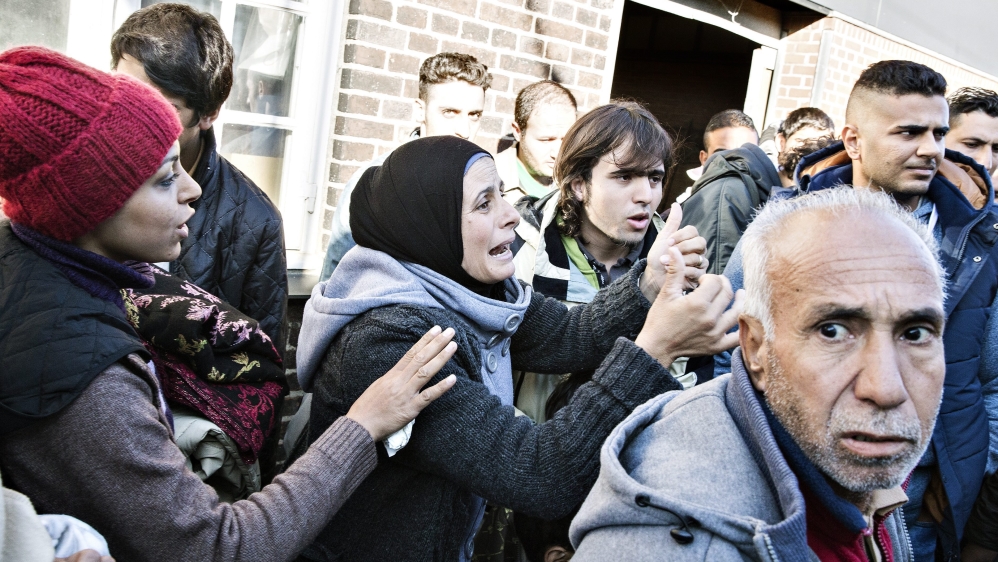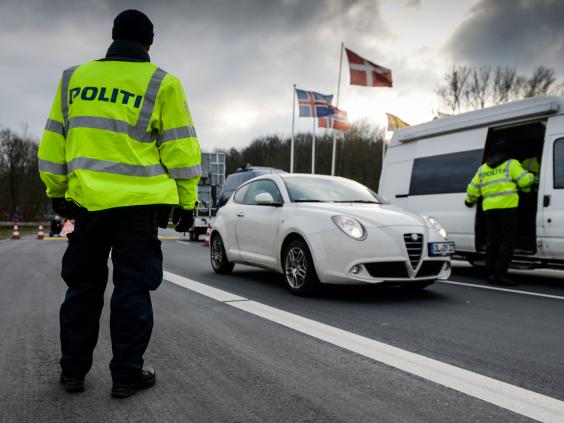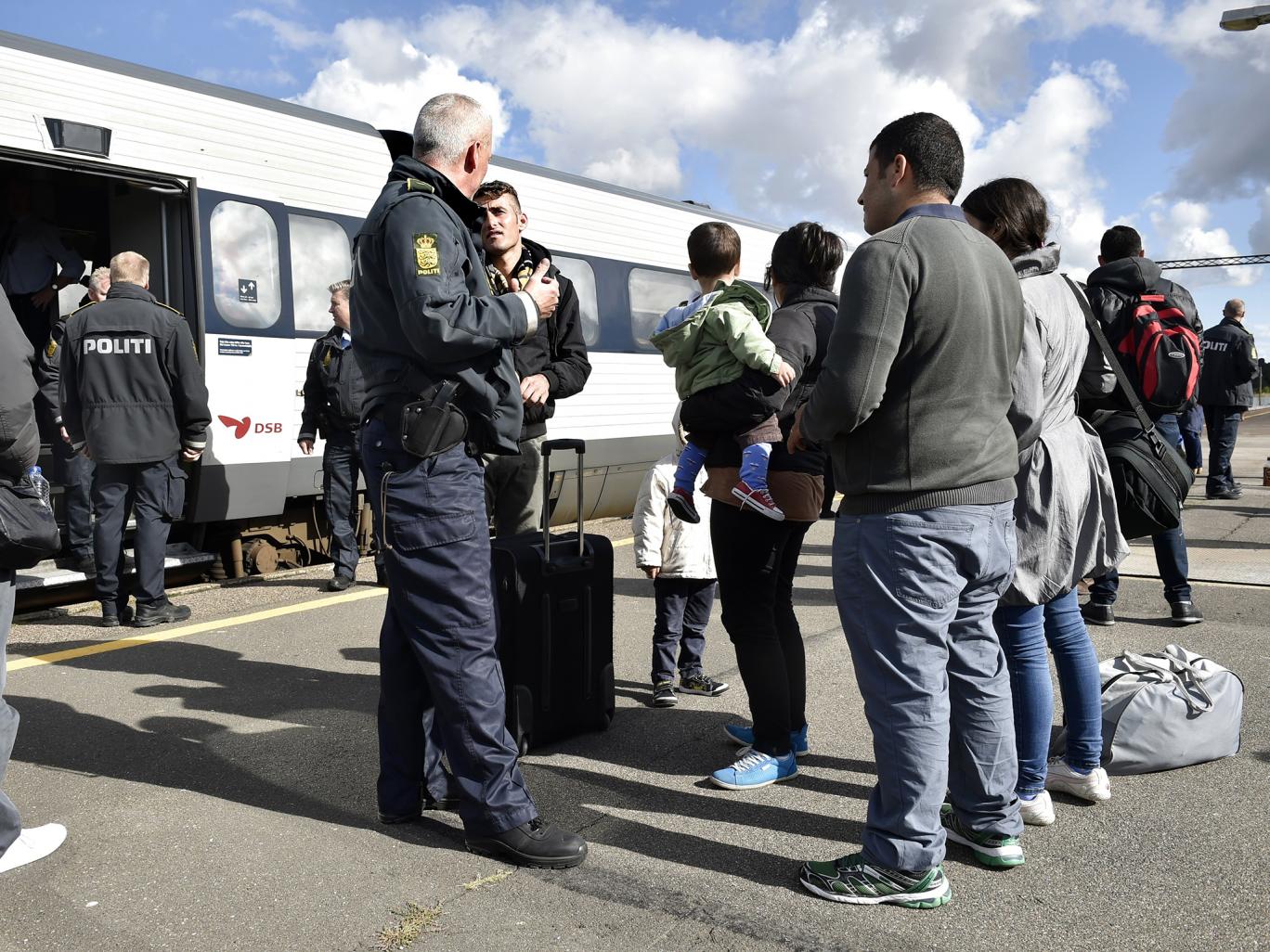Denmark to vote on controversial bill to seize asylum seekers’ valuables
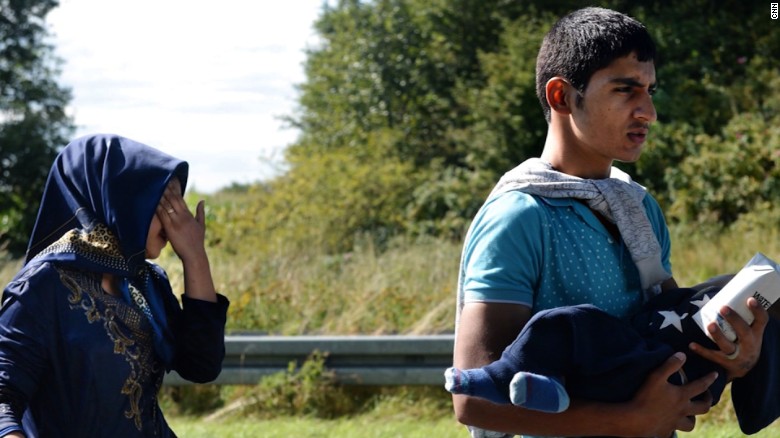
Copenhagen, Denmark. Danish lawmakers are to vote Tuesday on controversial legislation that would empower authorities to seize cash and valuables from asylum seekers to help cover their expenses.
The so-called jewelry bill would allow the seizure of valuables worth more than 10,000 Danish kroner (about $1,453).
Items of "special sentimental value" such as "wedding rings, engagement rings, family portraits, decorations and medals" would be exempted, according to the Danish Ministry of Immigration, Integration and Housing. But "watches, mobile phones and computers" could be confiscated, it says.
The legislation has been criticized across the political spectrum, appalling many in this northern European nation, which has a longstanding global reputation for tolerance and promoting liberal, social democratic values.
A fair deal, says government
Denmark's ruling Liberal Party says the legislation is about ensuring that asylum seekers contribute to the country's generous welfare state.
"All Danish citizens and refugees coming here receive universal health care; you receive education from preschool to university, and you receive elderly care; you receive language training and integration training free of charge, paid for by the government," Liberal Party spokesman Jakob Ellemann-Jensen told CNN's Christiane Amanpour last month.
"The only demand that we set to measure this is if you have the means to pay for your housing and for your food — regardless of whether you are a Dane or whether you are a refugee — then you should."
Similar laws exist in Switzerland and Germany, according to officials there. Dozens of cases were reported in Switzerland of migrants' assets being confiscated to fund their living expenses, although in Germany it was unclear if, or how widely, the policy was enforced.
Deterring migrants
But others — both backers and critics of the bill — say it has more to do with deterring further arrivals of migrants and asylum seekers who have entered Europe in numbers not seen since World War II.
"We hope this will start a chain reaction through Europe where other European countries can see there's the need to tighten the rules on immigration in order to keep European culture," said Martin Henriksen, spokesman for the right-wing Danish People's Party, which supports the bill.
Lawmakers will also debate tripling the period of time before asylum seekers can apply for separated family members to be reunited with them in Denmark.
That measure, which will extend the period from one year to three, is expected to have an even greater deterrent effect on potential migrants.
"The aim is to make sure that (fewer) people come to Denmark, if it's hard to bring your family," Henriksen said.
One Syrian migrant in Denmark who spoke to CNN said she had no intention of remaining in the country because of the requirement, which would see her wait years to apply for her 9-year-old daughter, still in Syria, to rejoin her.
"Sometimes I say to my friends, I'm scared that if I die here, my daughter won't know where her mother is buried," she said.
Anders Ladekarl, secretary general of the Danish Red Cross, called the policy "really disturbing."
"Imagine leaving your family back home in a war zone, and you will have to sit in a Danish village or refugee center waiting for your family without being able to see them for three to four years," he said.
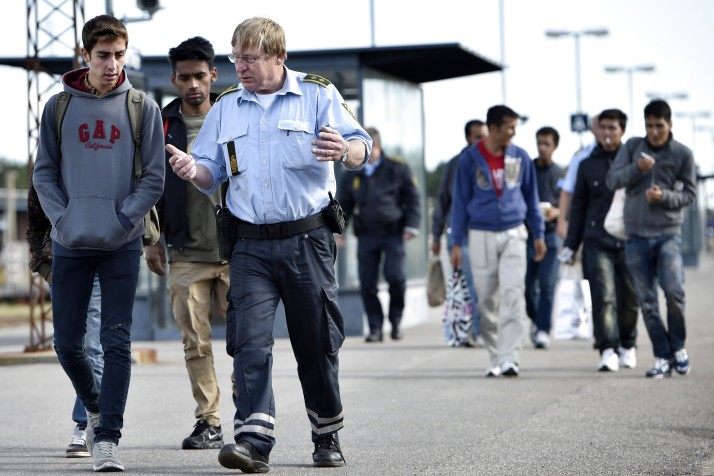
Refugees, mainly from Syria, speak with a Danish policeman after arriving in Rodby, southern Denmark, from Germany on September 7, 2015. Europe’s migrant crisis has exposed sharp rifts in the 28-nation European Union, with Germany leading calls to take in many more people fleeing war and upheaval in the Middle East and North Africa. AFP PHOTO / Scanpix Denmark / JENS NOERGAARD LARSEN DENMARK OUT (Photo credit should read JENS NOERGAARD LARSEN/AFP/Getty Images)
'An affront to dignity'
Many in Denmark say they are appalled by the "jewelry bill," which the U.N. Refugee Agency has called "an affront to (refugees') dignity and an arbitrary interference with their right to privacy."
Wiebke Keson, a 72-year-old Danish refugee center volunteer, said she was "shocked" by the suggestion of confiscating jewelry.
"Since I'm German, I was immediately thinking about our own history," she said, voicing a common criticism that the policy echoes Nazi confiscations of Jewish valuables.
Ladekarl, of the Danish Red Cross, said the policy was part of a pattern of European countries taking an increasingly hard line on migrants.
"There (is) no attempt to find a common European solution to this,".
"Every country is now trying to fence themselves in, trying to scare refugees and asylum seekers away. And this is not going to work in the long run because we have a lot of people in need of international protection, and they're being pushed from one country to the other."
The bill has been revised during previous readings in the Danish parliament, which saw the proposed threshold for confiscation of valuables raised from 3,000 kroner (about $436).
Политика конфиденциальности | Правила пользования сайтом
